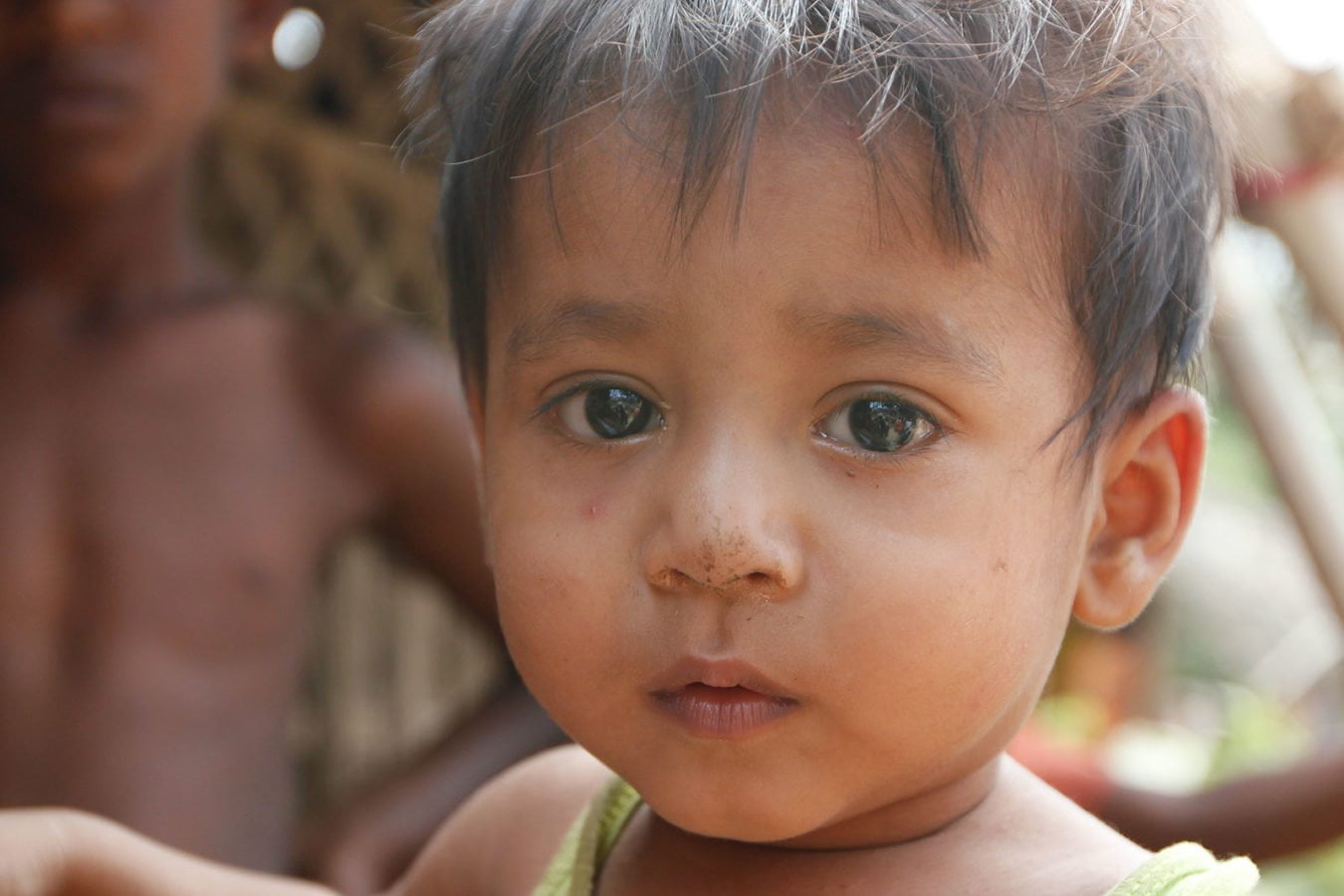Diana Sayed is the Crisis Response and Tactical Campaigner at Amnesty. She gives us an update on the long-standing crisis in Myanmar, where over 620,000 Rohingya people have been forced to flee for their lives to neighbouring Bangladesh.
What has happened over last three months?
In late August, a Rohingya armed group launched a series of attacks against several security forces posts in the North of Myanmar. The military retaliated with a systematic and entirely disproportionate operation of gang rape, forced abductions, the burning of entire villages and the murder of people fleeing the violence. This forced more than half of the 1.1 million Rohingya people who had been living in northern Rakhine state to flee to bordering Bangladesh.
This is not the first time that such systematic human rights abuses have been unleashed on the Rohingya people in Myanmar. Amnesty has been documenting human rights abuses and forced displacement of the Rohingya people for decades. Although Amnesty wasn’t permitted entry into Rakhine state during the latest crisis, our researchers were in Cox’s Bazaar documenting the horrific testimonies of newly-arriving Rohingya refugees, who shared horrific stories of whole families being burned alive in their homes.
Fathers were forced to watch their daughters being gang raped in front of them before being brutally killed. Elderly people who were carried away to safety by villagers were shot in the back as they fled.
The strategic placement of landmines by the Myanmar military along the border with Bangladesh to further maim those fleeing for safety reveals an even more sinister approach, not only denying the right of Rohingya people to exist, but attempting to systematically kill them all in one fell swoop. This isn’t an exaggeration or an emotional account — Amnesty has satellite images showing the razing of villages, and medical experts have examined Rohingya refugees in Bangladesh to verify that the injuries sustained directly relate to their personal testimonies.
The United Nations has described these events as “textbook ethnic cleansing”.
The question that cannot be ignored is: how far have we come in history, when people still refuse to act in the face of such overwhelming and damning evidence?
Amnesty Australia has been campaigning to amplify the voices and stories of those who have survived, and to call for accountability for the perpetrators of these war crimes. That Rohingya people are living with increased uncertainty in camps in Bangladesh with limited access to humanitarian aid or safety remains an ongoing concern, particularly for the women and children who account for over 70% of the population.
Both the UK Prime Minister and the US Secretary of State Rex Tillerson have called this crisis in Myanmar a campaign of ethnic cleansing. The UK has cut all ties to the Myanmar military, while the EU and US have taken steps to sanction Myanmar’s military leaders from travel to their countries. Why has Australia, an ally and close neighbour in the region, refused to do the same? Although necessary, pledging $30 million in humanitarian aid and assistance is not enough right now.
Amnesty has called Myanmar an “apartheid” state – what does that mean?
Just last week, Amnesty published an extensive report — following a two-year investigation and in-depth legal analysis of Myanmar — to conclude that the Rohingya people are trapped in a system of state-sponsored, institutionalised discrimination. Every aspect of their lives is so heavily restricted, that it amounts to the crime against humanity of apartheid. Their lives are akin to living in an open-air prison, arbitrary curfews and tight lock-downs in villages heavily restrict their ability to seek work. The very thought of traveling to a neighbouring village is met with checkpoints, bribery and intimidation.
The Rohingya people are unable to access healthcare in specific state hospitals, and when they can they are relegated to “Muslim wards”. Certain schools are segregated, with opportunities for higher education virtually non-existent. Participation in political life or the freedom to practice their religion freely is not an option for the Rohingya. Any gathering of more than four people is illegal.
The whole system is designed to make their lives as humiliating and hopeless as possible.
The refusal to acknowledge their very existence in the 1982 Citizenship Law of the state underpins the whole system which amounts to apartheid.
Amnesty continues to call on the Australian government to immediately cut all ties to the Myanmar military, and to take a leadership role in working to dismantle the whole system of apartheid. Any further delay will only embolden the current military regime, who continue to target the Rohingya people and deny them the right to exist. Decades of slowly dehumanising the Rohingya people as interlopers and illegals has led to where we find ourselves today. The Rohingya, like all people, deserve to feel safe and live their lives in dignity.
